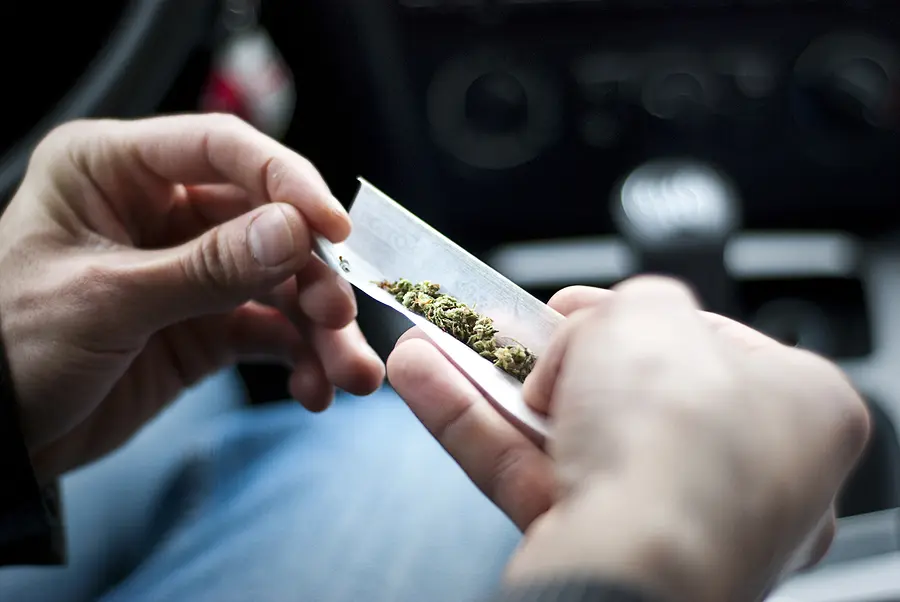This year, Governor Phil Murphy signed three laws that decriminalize marijuana, and today, Toms River Police Chief Mitch Little who oversees his own town, plus an influx of millions of tourists each summer has something to say about it.
Little outlined a few things cops in New Jersey and within his own department cannot do when they see children and minors smoking weed or drinking beer this summer.
Here’s what he said:
To be blunt, New Jersey Senator said NJ marijuana bill is schwag
Cops can’t search underaged drinker or smoker’s vehicle because they smell pot
The odor of marijuana or alcohol no longer constitutes reasonable articulable suspicion to initiate a stop of an individual under the age of 21, nor does it provide probable cause to search the person’s personal property or vehicle.
Open containers or visible marijuana is no longer a violation to institute a search of underaged users
The unconcealed possession of an alcoholic beverage or marijuana that is observed in plain sight shall not constitute probable cause to initiate a search of an individual under the age of 21 or that individual’s Personal property. or vehicle to determine a violation of any law.
Possession and use of marijuana only carries the penalty of a warning for underage users
An individual under the age of 21 who possesses marijuana or alcoholic beverages shall not be arrested, detained, or otherwise taken into custody, except to the extent required to issue a written warning. No standardized warning system has been put in place.
Parents have no legal right to know and police have no legal right to tell the parents
For an individual under the age of 21 who possesses marijuana or alcoholic beverages as a first offense, this new law forbids officers to contact a parent or guardian.
Officer can be charged for violating a user’s rights if they inquire about their use
Officers are now subjected to the criminal charge of deprivation of civil rights if they violate certain revisions in the law which a1212IY. to individuals under twenty years of age. For example, if an officer approaches an individual who they know to be 20 years old (either because they ask them or from prior experience) and the individual places the suspected marijuana in their pocket as the officer approaches, the officer may not then ask the individual for consent to search their person. In this scenario, the simple act of requesting consent from an individual under 21 would constitute a violation of N.J.S.A. 2C:33-15, and the officer could be in jeopardy of being charged with deprivation of civil rights.
• Under New Jersey Marijuana Law, Your Kids Can Smoke Pot and Cops Can’t Tell You
Chief Little said laws in the works in Trenton are claiming to fix the problem, but will not.
“Police departments throughout the county have always sought the implementation of non-punitive measures for the majority of juvenile offenses including underage alcohol or marijuana possession or consumption. Formal charges have always been a last resort,” Chief Little said. “We see these laws as not only counterproductive but also as a detriment to the safety of our children. To apply this to a real-life situation, if an officer sees a 12-year-old (or a juvenile of any
age) consuming alcohol or smoking marijuana, we CANNOT contact the juvenile’s parent/guardian unless this behavior has been previously documented. In the event officers do approach based on odor or plain sight, they will be the ones facing charges NOT the juveniles. “
Little said the law undermines departmental efforts to communicate with our parents, school districts, and communities to protect children collaboratively.
“We are shocked and appalled by this new law. Who will ensure the welfare of our children, if the police can neither act nor contact a parent or legal guardian?” Little asked. “The greatest strength we had as law enforcement officers was our ability to foster positive relationships and build trust within the communities we serve.”
